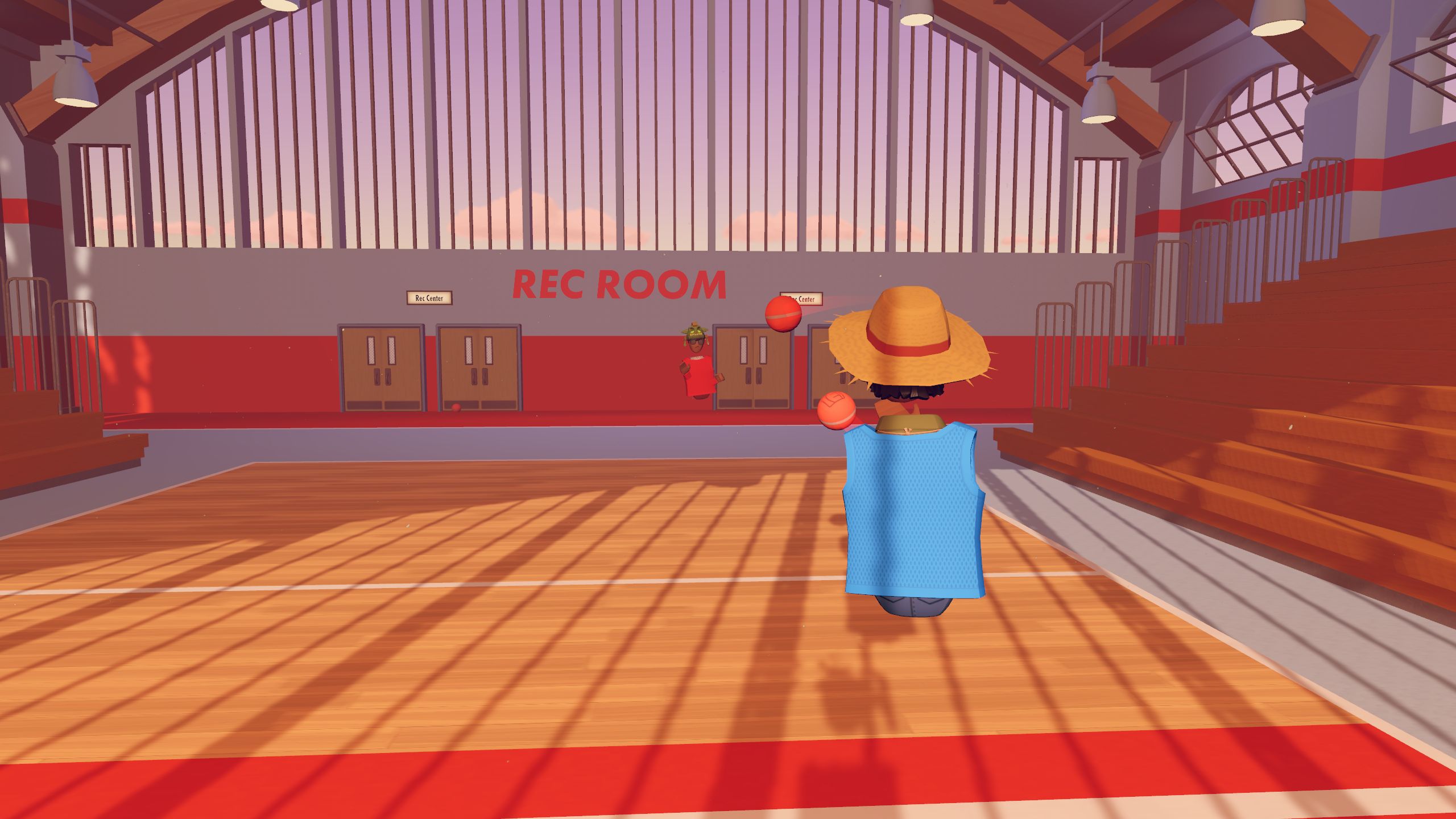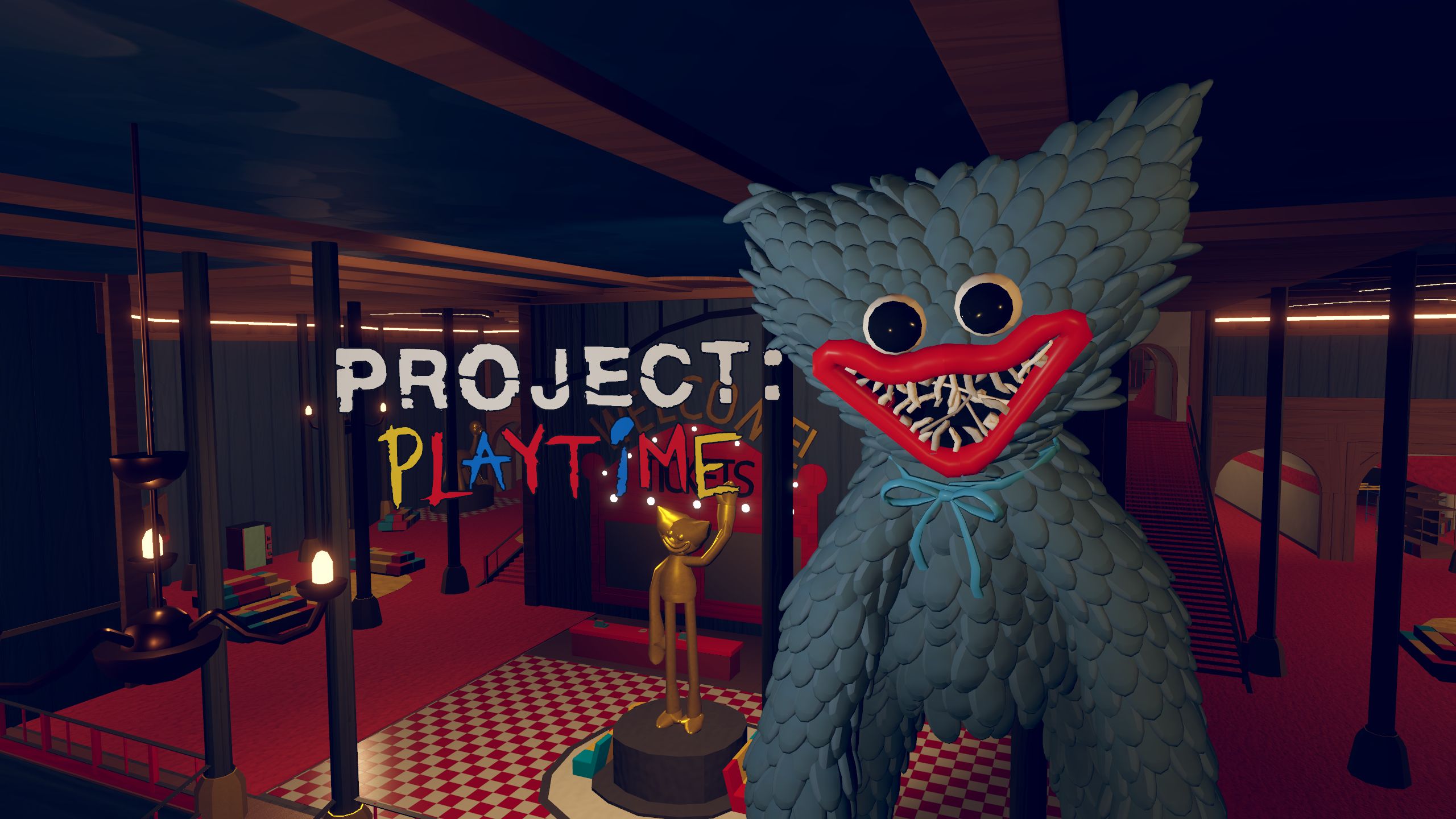Unlocking Commander's Potential: Your Guide To EDHREC
Embarking on the journey of deckbuilding in Commander, Magic: The Gathering's most popular format, can often feel like navigating a vast, uncharted ocean. With over 20,000 unique cards and an ever-expanding pool of legendary creatures to choose from, crafting a cohesive and powerful deck presents a delightful, yet sometimes overwhelming, challenge. This is precisely where EDHREC steps in, transforming that daunting task into an intuitive and enjoyable experience for players of all skill levels.
EDHREC, a cornerstone resource for Commander enthusiasts, is more than just a website; it's a dynamic, data-driven companion that illuminates the path to your "perfect" deck. By aggregating vast amounts of community-submitted decklists and competitive tournament data, EDHREC provides unparalleled insights into card synergies, popular staples, and effective strategies for virtually every commander imaginable. It’s the collective wisdom of the Commander community, distilled into actionable recommendations that empower you to refine existing decks or forge entirely new ones with confidence.
Here's a detailed look at what EDHREC offers and how you can harness its power:
Table of Contents
- What Exactly is EDHREC? Demystifying the Commander Deckbuilding Hub
- The Data Powerhouse: How EDHREC Gathers Its Insights
- Navigating the EDHREC Website: A Tour for Every Player
- EDHREC and the Evolving Meta: Adapting to New Releases
- Beyond Deckbuilding: EDHREC's Broader Impact on the Commander Community
- Competitive Commander (cEDH) and EDHREC: A Powerful Partnership
- Maximizing Your EDHREC Experience: Tips and Tricks
- Conclusion
What Exactly is EDHREC? Demystifying the Commander Deckbuilding Hub
At its core, **EDHREC** is an unofficial fan content platform, permitted under Wizards of the Coast's Fan Content Policy. This means while it leverages the intellectual property of Magic: The Gathering, it operates independently, driven by a passion for the game and its community. Its primary function is to serve as Magic: The Gathering's premier deckbuilding website specifically for the Commander / Elder Dragon Highlander (EDH) format. It's built on a foundation of data, meticulously tracking and analyzing card choices across countless player-submitted decklists. The brilliance of EDHREC lies in its ability to show you what cards are commonly played alongside a specific commander or even within a certain color identity. When you look up a commander, EDHREC doesn't just give you a static list; it dynamically generates recommendations based on how often other players include particular cards in decks featuring that commander. This data-driven approach helps players decide on their "perfect" deck as it tracks all potential synergies and popular inclusions, providing a living snapshot of the format's trends. It’s a powerful tool that helps you discover top-performing cards and refine your strategy, ensuring your deck is both unique and effective.The Data Powerhouse: How EDHREC Gathers Its Insights
The accuracy and utility of **EDHREC** stem directly from its robust data collection methods. It’s a testament to the power of community contribution combined with sophisticated aggregation techniques. Understanding how EDHREC compiles its information is key to appreciating its value as a deckbuilding resource.Tapping into the Community: Submitting Your Deck
A significant portion of EDHREC's data comes directly from the players themselves. The platform encourages users to submit their decklists, which then contribute to the site's vast database. To use EDHREC and contribute, you can make a submission with a TappedOut.net URL to your deck in the text somewhere. TappedOut.net is a popular deckbuilding website where players can create, share, and manage their Magic: The Gathering decklists. By linking to your TappedOut deck, EDHREC can parse your card choices and add them to its statistical models. This direct input from thousands of players ensures that the recommendations are reflective of real-world play patterns and preferences. Furthermore, the community aspect extends to social platforms. You can post to `/r/edh` or `/r/edhrec` on Reddit. While both subreddits are excellent for discussing Commander, it is suggested to post with `/r/edhrec` if you just want to contribute your decklist for data collection purposes or have specific questions about the EDHREC site itself. This direct line to the community not only fuels the data engine but also fosters a sense of collective ownership and continuous improvement for the platform.Beyond Player Submissions: Aggregating Tournament Data
While community submissions form the backbone, **EDHREC** doesn't stop there. To provide a comprehensive view, especially for those interested in the cutting edge of competitive play, EDHREC also collects decks from various other reputable sources. This includes major online play platforms and tournament result aggregators. For instance, EDHREC gathers data from MTGO (Magic: The Gathering Online), MTGTop8, AetherHub, and many more sites. This multi-source approach allows EDHREC to give you a broad view of the format, encompassing everything from casual kitchen table brews to the most optimized competitive Commander (cEDH) decks. By integrating data from tournaments and high-level play, EDHREC can help you discover top performing commanders in cEDH and get the top competitive commander decks and tournaments around the world. This ensures that whether you're building for fun or for fierce competition, you have access to the most relevant and up-to-date information available.Navigating the EDHREC Website: A Tour for Every Player
Once you understand the power behind **EDHREC**'s data, the next step is to effectively navigate its user-friendly interface. The website is designed to be intuitive, guiding you through the vast landscape of Commander cards to find exactly what you need for your deck.Finding Your Commander: The Core Experience
The most common way to start your journey on EDHREC is by searching for a specific commander. Let's say you've chosen a legendary creature you want to build around. Simply type its name into the search bar, and EDHREC will present you with a dedicated page for that commander. This page is a treasure trove of information, meticulously compiled from thousands of decklists featuring that specific legendary creature. On a commander's page, you'll immediately see a breakdown of the most popular cards played alongside it. These are often categorized into staples (cards commonly seen in many decks of that commander's color identity), lands, artifacts, enchantments, and creatures. The site even offers "signature spells" – cards that are almost synonymous with that particular commander's strategy. This visual representation of data, often accompanied by percentages indicating how frequently a card appears, provides an immediate sense of the commander's most effective and popular build paths. It's an invaluable starting point, offering a consensus on what works well and what the community generally considers essential for that commander.Exploring Synergies and Card Recommendations
Beyond simple popularity, **EDHREC** excels at highlighting powerful synergies. As you scroll through a commander's page, you'll notice sections dedicated to "top cards" and "new cards" that are gaining traction. More importantly, EDHREC provides "themes" or "packages" that frequently appear with that commander. For instance, if your commander is known for generating tokens, EDHREC will show you a "token package" of cards that synergize well with that strategy. If it's a reanimator commander, you'll see common reanimation targets and enablers. This ability to track "all potential" interactions helps players decide on their "perfect" deck. It’s not just about what's popular, but what fits together to create a cohesive and powerful strategy. EDHREC effectively acts as a "gathering combo search engine" for the Commander format, not by explicitly listing combos, but by presenting highly synergistic cards that naturally lead players to discover powerful interactions and potential infinite loops. By showing you what other players have found successful, EDHREC guides you towards a deck that feels both unique to your playstyle and optimized for the format.EDHREC and the Evolving Meta: Adapting to New Releases
Magic: The Gathering is a living game, constantly evolving with new sets, mechanics, and legendary creatures. Wizards of the Coast frequently previews cards from upcoming sets and Universes Beyond collaborations at major events like MagicCon Las Vegas. These previews introduce exciting new possibilities, much like the mentions of "Edge of Eternities" or "Avatar: The Last Airbender" suggest the kind of diverse content that continuously flows into the game. **EDHREC** is incredibly responsive to this constant influx of new content. As soon as new cards are officially revealed and released, they begin to appear in player-submitted decklists. EDHREC's algorithms quickly incorporate these new additions, tracking their adoption rates and identifying how they integrate into existing archetypes or spawn entirely new ones. This rapid adaptation means that EDHREC always reflects the current meta. If a powerful new artifact is printed, you'll soon see it appearing as a recommendation on various commander pages where it fits. If a new commander shakes up the format, EDHREC will swiftly populate its page with relevant card suggestions based on early community adoption. This commitment to staying current ensures that the information you receive is always relevant to the latest state of the game, helping you stay ahead of the curve in your deckbuilding endeavors.Beyond Deckbuilding: EDHREC's Broader Impact on the Commander Community
While its primary function is deckbuilding assistance, **EDHREC**'s influence extends far beyond mere card recommendations. It has become a central pillar of the Commander community, fostering engagement, education, and even a touch of humor. The official channel of EDHREC, often featuring content creators and data analysts, embodies the spirit of the platform: "All about Commander, data, and dad jokes." This lighthearted approach, combined with rigorous data analysis, makes complex statistical breakdowns accessible and enjoyable for a wide audience. They consistently break down the stats to help MTG players of all skill levels understand not just *what* cards are popular, but *why* they are popular and how they contribute to a deck's strategy. This educational aspect is invaluable for newer players trying to grasp the nuances of Commander, as well as seasoned veterans looking for deeper insights into the format's trends. EDHREC also serves as a hub for community discussion and content creation. The "post MagicCon Las Vegas preview panel" content, for example, would likely involve EDHREC's team analyzing the impact of newly previewed cards on the format, offering initial thoughts on how they might slot into existing strategies or enable new ones. This type of analysis, grounded in data, helps shape community discourse and guides players in their initial assessments of new cards. By providing a common, data-driven reference point, EDHREC helps to standardize discussions and elevate the collective understanding of the format, making it a truly indispensable resource for anyone passionate about Commander.Competitive Commander (cEDH) and EDHREC: A Powerful Partnership
For those who seek to push the boundaries of the format, focusing on optimized strategies and high-power interactions, **EDHREC** remains an incredibly valuable tool. While the site caters to all skill levels, its data aggregation capabilities make it particularly potent for competitive Commander (cEDH) players. The platform's ability to "discover top performing commanders in cEDH" is a direct result of its extensive data collection from competitive sources like MTGO, MTGTop8, and AetherHub. These sites are repositories for tournament-winning decklists and high-level gameplay. By analyzing these sources, EDHREC can identify the most efficient card choices, common combo pieces, and prevailing strategies that dominate the competitive landscape. If you're looking to build a lean, mean, win-machine, EDHREC can provide a solid foundation by showcasing the "top competitive commander decks" and the cards that consistently appear in them. It's important to note that while EDHREC provides the data, cEDH often requires a deeper understanding of meta-game shifts, specific pilot preferences, and intricate combo lines. However, for a player looking to transition into cEDH or simply optimize their existing high-power decks, EDHREC offers an unparalleled starting point. We collect decks from MTGO, MTGTop8, AetherHub, and many more sites to give you a comprehensive view of the competitive scene, helping you refine your deck to its sharpest edge. It’s a powerful ally in the pursuit of competitive excellence within the Commander format.Maximizing Your EDHREC Experience: Tips and Tricks
To truly unlock the full potential of **EDHREC**, it's helpful to approach it with a strategic mindset. While the site provides invaluable data, it's a tool to assist your creativity, not replace it entirely. Firstly, "we’ll be taking a look at sample lists that the site has" is a great starting point. When you find a commander you're interested in, don't just look at the top recommended cards. Scroll down and explore the various "themes" or "packages" that EDHREC suggests. These curated lists of synergistic cards can spark ideas you might not have considered. For example, a commander might be commonly built as a "voltron" deck, but EDHREC might also show a less popular but equally viable "token" or "control" package that could align better with your personal playstyle. Secondly, use EDHREC as a guide, not a gospel. The data reflects what the community *is* playing, not necessarily what is *optimal* for your specific playgroup or budget. If you see a highly recommended card that's out of your price range, use EDHREC's "similar cards" feature or simply search for alternatives with similar effects. The site is fantastic for identifying essential effects (like ramp, card draw, or removal) and then allowing you to choose the specific cards that fit your collection or budget. Finally, remember that Commander is ultimately about fun. While **EDHREC** helps you build powerful and consistent decks, the joy of the format often comes from personal expression and unique card choices. Don't be afraid to deviate from the most popular recommendations if you have a specific combo or theme you want to explore. EDHREC provides the data; you provide the magic. It empowers you to make informed decisions, ensuring your deck is both effective and enjoyable for you to pilot.Conclusion
**EDHREC** stands as an indispensable resource for anyone navigating the vast and exciting world of Magic: The Gathering's Commander format. From its humble beginnings as unofficial fan content, it has grown into the game's best deckbuilding website, powered by a colossal amount of community-submitted data and competitive insights. It meticulously tracks potential synergies, helps players discover top-performing commanders, and adapts seamlessly to the constant influx of new cards from events like MagicCon Las Vegas. Whether you're a newcomer grappling with your first deck, a seasoned veteran refining a competitive masterpiece, or simply someone who enjoys the "dad jokes" alongside insightful data breakdowns, EDHREC offers unparalleled value. It transforms the often-overwhelming task of deckbuilding into an engaging and educational experience, ensuring you're always equipped with the knowledge to craft your "perfect" deck. So, the next time you're pondering your next Commander creation, don't hesitate to visit EDHREC. Dive into its wealth of data, explore the countless possibilities, and let the collective wisdom of the Commander community guide your journey. What are your favorite features of EDHREC, or what commander are you building next? Share your thoughts and deck ideas in the comments below, and let's continue to explore the endless possibilities of Commander together!
RecNet

RecNet

RecNet